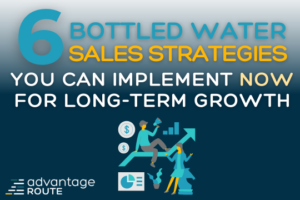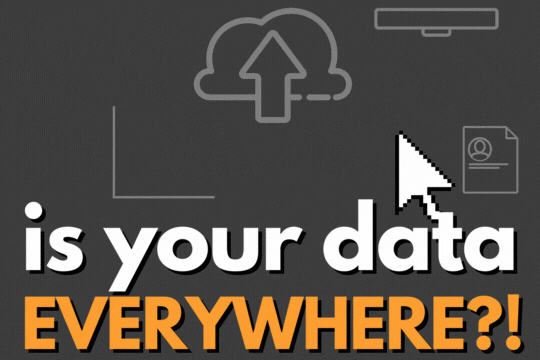
Are you a customer? Access your all-new portal by clicking here to login.

If your business lacks a unified Enterprise Resource Planning (ERP) System, the reliability of your data is questionable, potentially leading to flawed or incomplete business decisions. To address this issue, establishing a comprehensive route software system, where executives and employees access the same data in one location, offers significant benefits.
In the absence of an ERP system, organizational alignment in decision-making becomes challenging. Different file versions circulate, departments guard their files, hindering data access. This results in a lack of a central location for team members to retrieve information, leading to errors and profit loss.
Creating a centralized location for company data involves aggregating data into a System of Record (SOR). Tools like data federation software assist in consolidating data from various sources into a virtual database. This virtual database, containing metadata, facilitates smarter business decisions by allowing leaders to mine it for Business Intelligence (BI) and data analysis. If any of the terms in this email are new for you… Scroll to the bottom to read a clear explanations of each.
Investing in centralized software provides several benefits:
Implementing a complete route software system is vital for organizing disparate data sources, influencing and optimizing various aspects of your company. Software systems, such as Route Manager, not only improves productivity and morale but also reduces the risk of errors and duplication in data management. If you are interested in learning more, email sales@AdvantageRS.com.
TERMS DEFINED:

Copyright © 2025 – All Rights Reserved – CLICK HERE to review our company privacy policy.